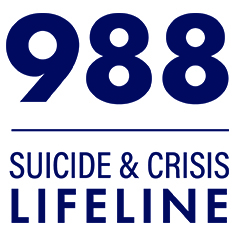Best Practices Registry (BPR) Archive List
As of January 2024, the BPR Archive List of programs and interventions that were listed on the registry between 2007 and 2016 is no longer available.
Please visit and bookmark the BPR website for a current list of programs and interventions that have been evaluated for alignment with current suicide prevention guidelines, best practices, and national frameworks:
If you are the developer of a program or intervention that was previously listed, please visit sprc.org/bpr-submission to learn more about applying to the current BPR.
